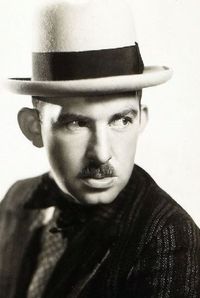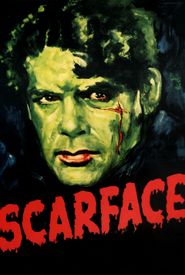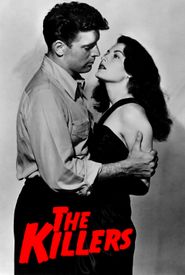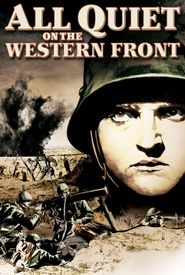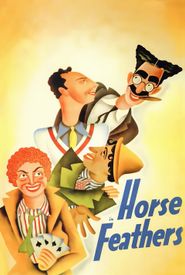Vince Barnett, a former vaudevillian, gained a remarkable reputation as a master of insult and practical jokester, rivaled only by the incomparable Groucho Marx. Celebrity hosts frequently hired Vince to perform gags and put-on jokes at their lavish parties, where he would mercilessly mock the guests, creating chaos in his wake.
Vince often masqueraded as a heavily-accented journalist, adopting personas like Timothy Glutzspiegel, and targeted esteemed individuals, including Winston Churchill, Charles A. Lindbergh, Henry Ford, and polar explorer Roald Amundsen. Clark Gable came close to punching him out at a party hosted by Joan Crawford, while Vince greeted Greta Garbo with a mistaken "Good Morning, Miss Hepburn." He also posed as Dr. Hoffman, advising Richard Barthelmess to take voice lessons from Texas Guinan or quit acting, and as a member of the vice squad, threatening to shut down Mae West's show "Diamond Lil" unless she toned down her dialogue.
Vince even managed to dupe Jack L. Warner, instructing him to learn the basics of filmmaking as a "foreign producer" named Barnett. This was not a new tactic for Vince, as his father Luke had been playing similar pranks on people for thirty years in Pittsburgh before him.
After studying at the Carnegie Institute of Technology, Vince pursued his passion for flying, working as an amateur pilot and flying mail planes for a couple of years before making his stage debut in "Earl Carroll's Vanities" in 1926. He later appeared on Broadway in "George White's Scandals" and began landing movie roles.
For the next 45 years, Vince appeared in films and television, often as comedy relief, with some of his most notable early roles including Scarface (1932),The Big Cage (1933),Thirty Day Princess (1934),and Princess O'Hara (1935). In later years, he abandoned his comedic image, taking on smaller roles as careworn characters, undertakers, janitors, bartenders, and drunks in films ranging from noir classics like The Killers (1946) to westerns like Springfield Rifle (1952).
In one of his final public appearances, Vince showcased his unique brand of humor with a monologue at Madison Square Garden in the vaudeville revue "The Big Show of 1936." It was a regret of his that he never had the opportunity to engage in a witty repartee with his esteemed Irish contemporary, George Bernard Shaw.
